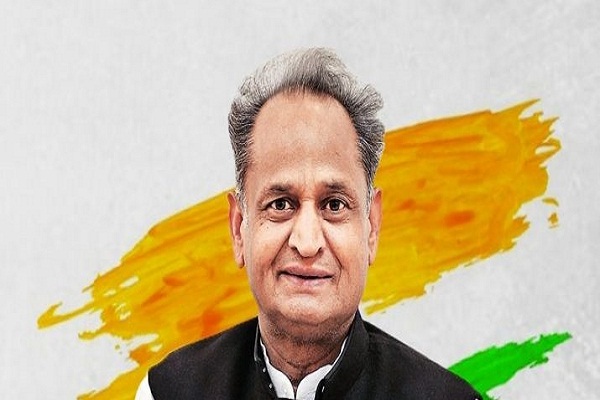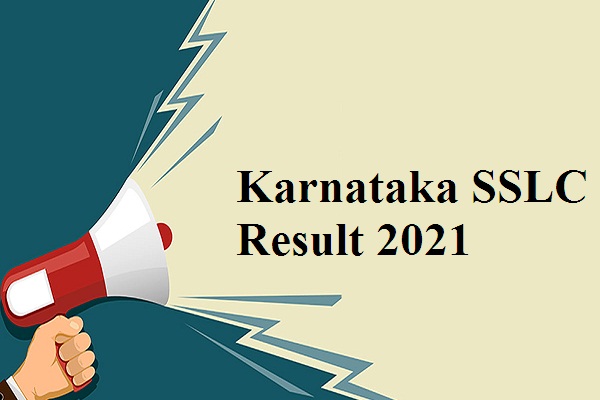Traditional forms of education tend to focus heavily on course outlines and memorisation. The lesson plans are taught to students who can then ask questions if they need more information or clarification on any given topic. Subjects such as Mathematics and English must be taught this way because there is not much room for curiosity when it comes to the facts of algebra and grammar.
Inquiry-based learning is a seasoned method used by teachers and professors in an attempt to give students some control over their education by allowing them to learn about what they want. Learners get to create learning goals on their own and feed their curiosity. In the following class session, they can then discuss what they’ve learned from their own research and build a collection of viewpoints to the subject in question.
Within the past 5 years, India’s edtech market is projected to grow from about USD 200 million to almost USD 1.96 billion, with the number of users growing tenfold. With the rise of eLearning solutions such as learning management systems (LMS), it is now possible to acquire education solely or partially through online teachings. While on the surface, using these tools may seem to pose a problem to inquiry-based learning techniques because of the reduced classroom engagement and fewer opportunities to engage with the teacher in real-time. It is, however, now possible to implement a successful inquiry-based learning approach using an LMS thanks to innovations in the edtech sector.
Also read: Emotional Impact of Online Learning on the young..
Why is inquiry-based learning a teaching method that works?
For subjects that hinge upon an inquiry-based learning style, it is an effective approach because students will always learn better if it is a subject they are interested in studying. If the material isn’t something they are particularly interested in, this eagerness to learn dissipates. They may still learn, but only as a means to get good grades rather than to gain knowledge.
India’s New Education Policy (NEP) 2020 also stresses the importance of creativity, critical thinking and a respect for diversity. Research shows that when students are given more freedom within their course work, they do just as well as the students in more traditional learning settings. During inquiry-based lessons, students develop a love for learning, which increases the probability of them venturing into further education.
Three key components need addressing to enable students to participate fully in both online learning and inquiry-based learning curiosity, accessibility and collaboration.
• Igniting curiosity is vital: When it comes to online learning, keeping students interested and curious about the course material is crucial. With the distractions of home-based learning, staying focused requires a new level of discipline. Inquiry-based learning can be a great way to keep students focused and interested in their coursework while teaching online.
• Students need accessibility: Access is of the utmost importance when it comes to inquiry-based learning because it relies heavily on collaboration between the student, teacher and peers. When access and curiosity meet, inquiry-based learning online flourishes.
• Collaboration is the key to shared knowledge: Once a student completes their own research, collaboration is needed to help them create a “textbook” of information on the topic at hand. This collection of different research paths will lead to an enriched learning process because they can share what they’ve learned and anything they’re still unsure about can be open for discussion.
Online learning for inquiry-based learning
It may not be enough to simply utilise different methods of inquiry-based learning in online courses. Often online platforms can improve upon the delivery of this style of education. For instance, an LMS can help build critical thinking skills and encourage independent learning.
Inquiry-based learning goals are achievable by requesting every student in the online class to curate their own questions about the course material, for discussion. This helps increase their interest in the subject material on their own terms and helps develop the critical thinking skills needed to delve into the unknown when it comes to their education. The online environment allows for such flexibility in learning experiences as opposed to the traditional lecture style of delivering course content as one-to-many students.
Self-directed learning can also lead to a sense of responsibility for their own education. When a student can set their own learning path, they are more likely to succeed. Teachers can implement different pathways of inquiry based learning by utilising effective questioning sessions with feedback and can also encourage engagement through various interactive tools.
Inquiry-based learning is a great way to keep students curious about the course material. Giving students the tools, they need to take control of their education during online teachings will bring about a new level of eLearning that could revolutionise online classrooms. With the use of a good LMS such as the Brightspace LMS, students and teachers can work collaboratively towards a better overall education in India, and create a generation of curious students with a newfound love for learning.


























